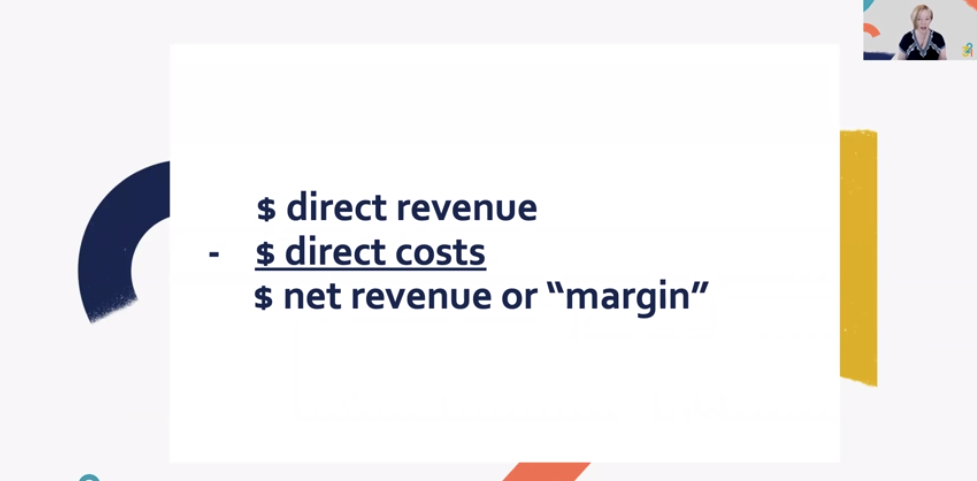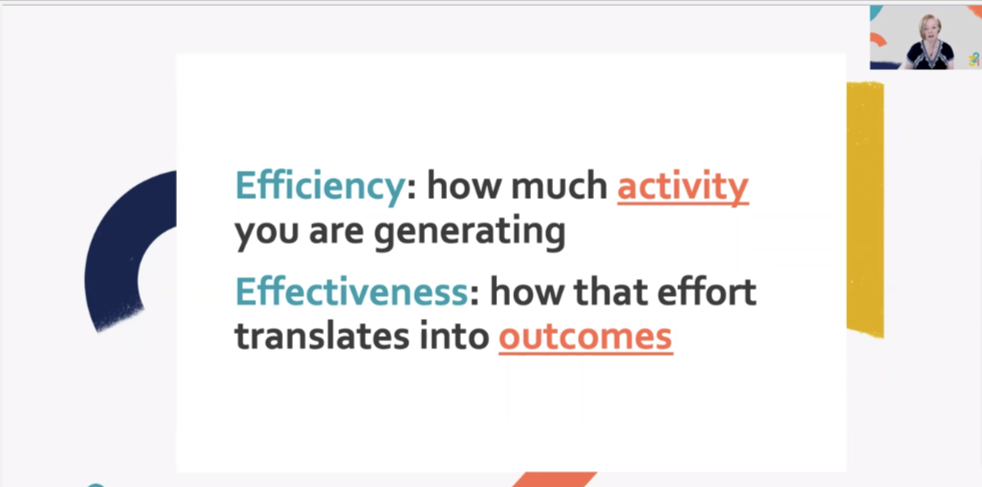Metrics matter.
Sometimes you have to track metrics for no other reason than your investors want you to track them. In that case, you’d better do it!
However, tracking metrics also affords entrepreneurs the opportunity to measure the efficacy of their practices. Everything from sales, to marketing to performance can – and should – be tracked.
But where to start? Which metrics should you track, and how do you know that the metrics you’re tracking are worth the trouble?
That’s a great question and the answer to all great questions is: it depends!
We know tracking and utilizing metrics can be a tall order for a lot of founders, which is why we sought out to give the 321 community a primer on the wide world of metrics at our most recent Growth Snack.
Lets dive in.
Unit economics: What are they and how do you calculate them?

Unit economics measures whether you are making money off a customer or user, in a typical deal. Think of it as a “per customer ROI” metric. It’s margin math. Unit economics basically asks, “with every new customer you add, are you making money?”.
Without a firm grasp on unit economics, it becomes very hard to:
- Protect your cash and working capital
- Scale your customer acquisition
- Set meaningful KPIs or other metrics
- Know if your business model or company is sustainable
- Set “good” pricing
and so much more! If you’re just starting to put together your unit economics, we’d encourage you to check out this blog from Medium, which will serve as a great jumping off point. If you’ve already had some experience calculating your unit economics, but need some ideas on how to hone yours in, check out this blog here.
Growth metrics (sales & marketing)
Sales metrics are crucial in creating, managing, and optimizing repeatable sales processes. Without them, you run the risk of deluding yourself about your outcomes, and it becomes far more difficult to identify kinks in your sales chain.
We suggest that you track a combination of efficiency and effectiveness metrics for maximum effect.
By measuring your efficiency, you are tracking how to get the most out of your ongoing sales activity, things like raw counting totals on total calls, follow-ups and proposals fall under this category, as well as weekly time spent on outbound prospecting.
Measuring effectiveness is all about outcomes. Ask yourself “is our sales activity leading to the outcomes we were hoping to achieve?”. Be sure to measure conversion percentage at each stage of your sales cycle (i.e % of first calls, % of follow-ups, % of demos, etc.) to identify any inefficiencies

Marketing metrics are a different side of the same coin. You are still measuring for effectiveness and efficiency; it just looks a little different.
Metrics like cost per lead (CPL), cost per opportunity (CPO) and annual contract value (ACV) can give you a good idea on the effectiveness of your marketing campaigns, while analyzing trends in your unit economics as well as metrics like your churn rate can give you an idea of your marketing efficiency.
There is no shortage of marketing metrics to track but if your head is spinning from all these metrics and you don’t know where to start, we recommend looking at this blog from HubSpot called “The 6 Marketing Metrics Your CEO Actually Cares About”.
The most important thing when tracking metrics – whether it be sales, marketing or otherwise – is to ensure that what you are tracking is aligned with your goals.
What’s next at 321
We have a bunch of great events coming down the pipeline this spring, starting off with our May community meetup, featuring two sales leaders, eager to share with you their experiences in scaling effective sales processes! There will then be an opportunity for those in attendance to have their sales questions answered at a corresponding Q&A!
Next up, we have the latest edition of Growth Snacks, this time focusing on the craft of copywriting, where we will be editing some community submitted sales emails in real time!
Be sure to attend one or both to see how they “measure” up.
Let’s connect
Don’t be a stranger! Connect with us on LinkedIn, Twitter or Instagram (or all three!) and be sure to check out our website for more information on all things 321



